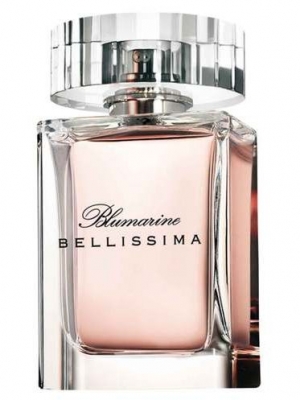My Italian Word of the Week - Vedere
/A hunting falcon in the UAE
Vedere
v. to see v. fig. to understand v. fig. to meet up with conjugations Italian Verbs definitions Word Reference
Welcome to this week's installment of IWOW.
I probably should have mentioned in my girare post that verbs in Italian, as with the case of all Romance languages, are conjugated. This means the verb changes form according to the subject and tense. An example of this linguistic phenomenon in inglese (English) is the use of "am" after "I" and "is" after "he/she." Going forward, if my IWOW is a verb, I'll include a link to all the conjugations as I did above.
Vedi la neve! (Look at the snow!–Vedi = the imperative tense with the informal you as the subject). My week started with a snow day here in D.C. The federal government closed down, which meant I got to stay at home and write this post.
One of my first Italian lessons involved the difference between vedere (to see) and guardare (to watch). I won't belabor the point–it's the same as in English. One sees a person or a place (hence vedere), and one watches television (hence guardare).
Because it's used a lot, I'll add to the confusion by giving you the past participle of vedere–visto. I saw Tara yesterday translates to (io) Ho visto Tara ieri.
The figurative use of vedere to mean "to understand" correlates more or less perfectly with its analog in English. After a beloved friend explains the intricacies of the Hicks-Boson particle, one can say Vedo... (I see...) instead Capisco... (I comprehend...).
The most common figurative use of vedere happens to match the most common figurative use of "to see." You guessed right. Ci vediamo! or Ci si vede! is the Italian equivalent of "See you later!" Just in case one of my teachers stumbles upon this blog, I'll add that technically, this expression employs the reflexive form of the verb vedere (i.e. vedersi). Non voglio aprire il vaso di pandora (I don't want to open Pandora's box), so I'll postpone explaining reflexive verbs to the very distant future.
Ciao, tutti! Ci si vede il giovedì prossimo. (Good-bye all! See you again next Thursday.)
Disclaimer: I am writing this as a student of Italian. If there is anyone out there who would like to add to or correct my posts, please leave a comment.









